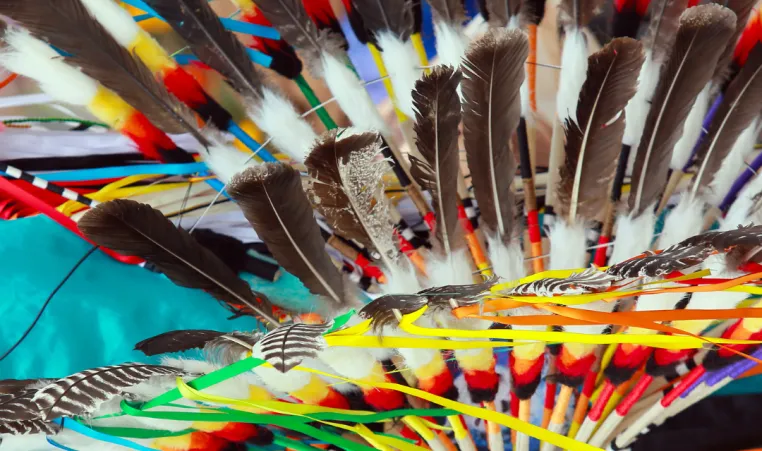
As we welcome November, we're thrilled to start Indigenous Peoples Heritage Month. This is a time to remember and honor the many cultures of Indigenous peoples. It's a moment for all of us to come together, learn, appreciate, and celebrate their lasting traditions, rich history, and important contributions to our world.
During this month, we want to encourage you to dive into the fascinating world of Indigenous art, music, stories, and food. The best way to understand their diverse cultures is by engaging with their creative expressions. As you explore this world, share your experiences with the hashtag #IndigenousHeritageMonth to raise awareness and appreciation.
We're also planning some special events at our branches:
IN-BRANCH CELEBRATIONS
Date: November 6th
Time: 4:00 pm - 7:00 pm
Locations:
HERBAL TEA WORKSHOPS
Dates: November 15th and November 20th
Time: 10:00 am - 11:30 am
Locations:
- November 15th at the Broadview YMCA (380 Broadview Dr)
- November 20th at The Ridge YMCA at Capital Credit Union (1121 W Main Ave)
In recent years, you might have noticed a change in how we refer to the original inhabitants of North America. While we've often used the term "Native American" to describe these diverse groups, more and more people prefer the term "Indigenous People." But why this change, and what does it mean?
Understanding this shift in words starts with recognizing the importance of respect, inclusivity, and sensitivity. Here are some key reasons for using the term "Indigenous People":
1. Global Inclusivity: Embracing the term "Indigenous People" promotes international solidarity and recognition of the challenges faced by these diverse groups across continents. "Indigenous People" is a global term used to describe the original inhabitants of various regions worldwide, like Australia (Aboriginal People), New Zealand (Māori), and Canada (First Nations). This inclusivity respects the unique histories and traditions of each community.
2. Self-Identification and Autonomy: Many Indigenous communities prefer "Indigenous People" as it respects their right to define themselves. This empowers them to express their unique cultures, heritage, and traditions on their terms.
3. Colonial Legacy: "Native American" has its roots in a colonial past. Shifting to "Indigenous People" is a deliberate effort to embrace language that respects the autonomy and rich heritage of these communities. It signifies a step toward promoting cultural respect.
4. Language Evolution: Language changes to reflect our evolving understanding of culture, history, and identity. Shifting to "Indigenous People" acknowledges the changing cultural and social landscape, emphasizing the importance of using language that is respectful, inclusive, and relevant to modern discussions.
Ultimately, the move to using "Indigenous People" is about raising awareness, respect, and understanding of the rich and diverse cultures that existed long before Europeans arrived. Our choice of words shows our commitment to a future where cultural understanding and mutual respect are vital. It's a step toward reconciliation, unity, and honoring the unique identities and experiences of the original inhabitants in the Americas and around the world.